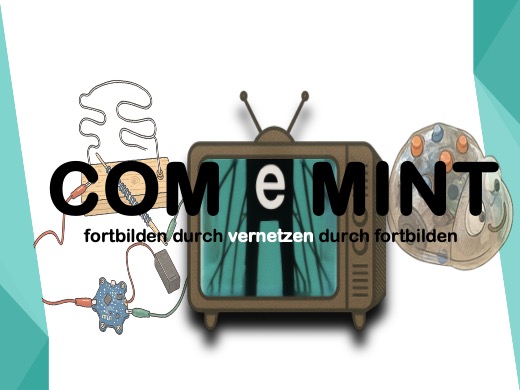Digitally supported teaching in the transition from primary to secondary education
Course start: 15. septembar 2025
Digitally supported teaching in the transition from primary to secondary education
Malin Osnabrügge
Scientific classification:
Course start: 15. septembar 2025
Digitally supported teaching in the transition from primary to secondary education
Malin Osnabrügge
-
Scope: 4 units
-
Effort: 2 hours/week
-
Current participants: 63
-
Licence: CC BY-SA 4.0
-
Course start: 15. septembar 2025
-
Course end: -
-
Current status: Ongoing course
-
Available languages:
Course details
General information about the course
The training is aimed at teachers of “Sachunterricht“ and computer science (grades 5 and 6). The aim is to provide a digitally-supported opportunity for the professionalization at the transition from “Sachunterricht“ to subject-specific instruction at lower secondary level education. The focus is on professionalizing an action-oriented promotion of technological problem-solving at the intersection with Computational Thinking (CT). The training is designed as an adaptive online course, offering practical insights, a variety of suggestions for teaching, and supportive materials for conducting training sessions.
Course content
The online course consists of four modules. Each module can be completed independently from one another according to individual needs:
1. Technical Background – (Digital) Media in School An introduction to (digital) tools and their integration into teaching.
2. Problem Solving from primary to secondary level education Designing the use of problem-solving with (digital) media in the classroom through pedagogical, methodological, and digitally supported approaches.
3. Educational Videos for and by Children Practical examples, guidelines for the creation and use of explainer videos, as well as criteria for selecting appropriate videos for classroom use.
4. Escape Rooms – A Method for the Future? Exploring, evaluating, and assessing digitally supported escape rooms as an innovative educational method.
Each module provides theoretical backgrounds, specific practical suggestions, and opportunities for self-assessment to reflect on one’s individual learning progress.
Learning goals
By the end of the course, participants will be able to:
... understand and critically apply theoretical and subject-specific foundations in the fields of media education, problem-solving strategies (computational thinking).
... promote students’ problem-solving competencies, become familiar with age-appropriate tasks, and independently explore activities that promote problem-oriented thinking.
... manage the transition from generalist to subject-specific teaching in an inclusion-sensitive manner and identify key aspects for cross-grade-level collaboration.
... implement spiral curriculum principles to effectively transfer content from primary-level to lower secondary subject teaching, thereby enabling sustainable competence development.
... expand their individual digital competencies through the use of selected educational tools.
... recognize ways to promote students’ digital competencies, both in terms of content-related and process-related skills.
... gain practical insights and implementation strategies for both teaching and professional development in order to design action-oriented and motivating learning environments supported by digital media.
Prerequisites
No prior knowledge is required to participate in the course.
Course schedule
The modules can be completed in the given sequence or independently, depending on individual prior experience, knowledge, and skill level.
Certificate
For actively participating in the course you will receive an automatic certificate which includes your name, the course name as well as the completed lessons. We want to point out that this certificate merely confirms that you answered at least 75% of the self-assessment questions correctly.
Licence
This work is licensed under Creative Commons - gleiche Weitergabe 4.0 International (CC BY-SA 4.0)
Course Instructor
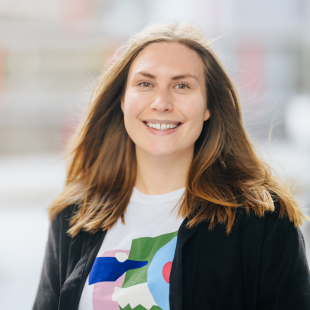
Malin Osnabrügge
Staff member in the Working Group for “Sachunterrichtsdidaktik“ with a focus on Special Needs Education at the University of Paderborn.
If you have any questions, comments, or concerns, please feel free to contact me at the following email address: info.digiteach@uni-paderborn.de
Partners
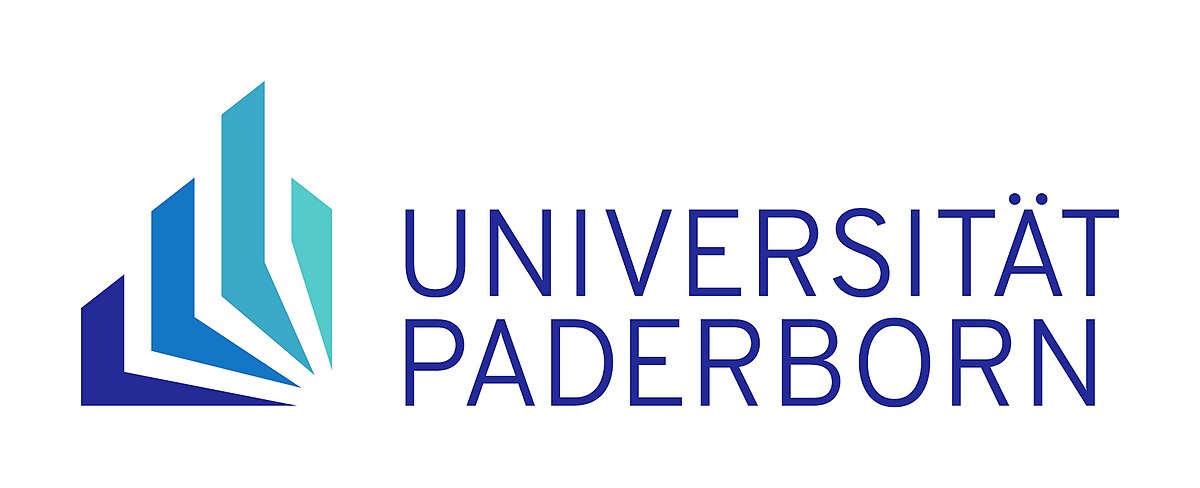
Paderborn University
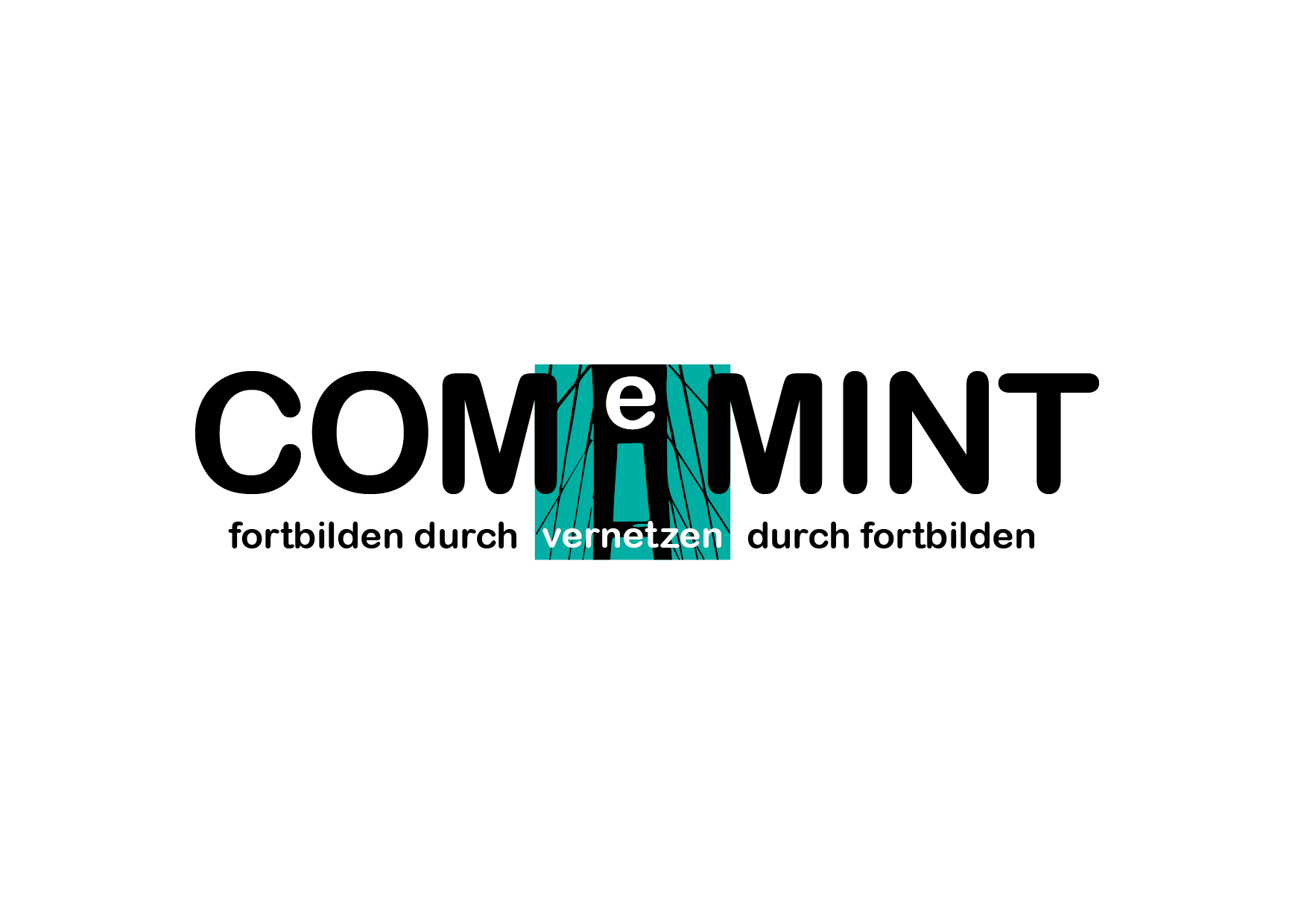
Comemint
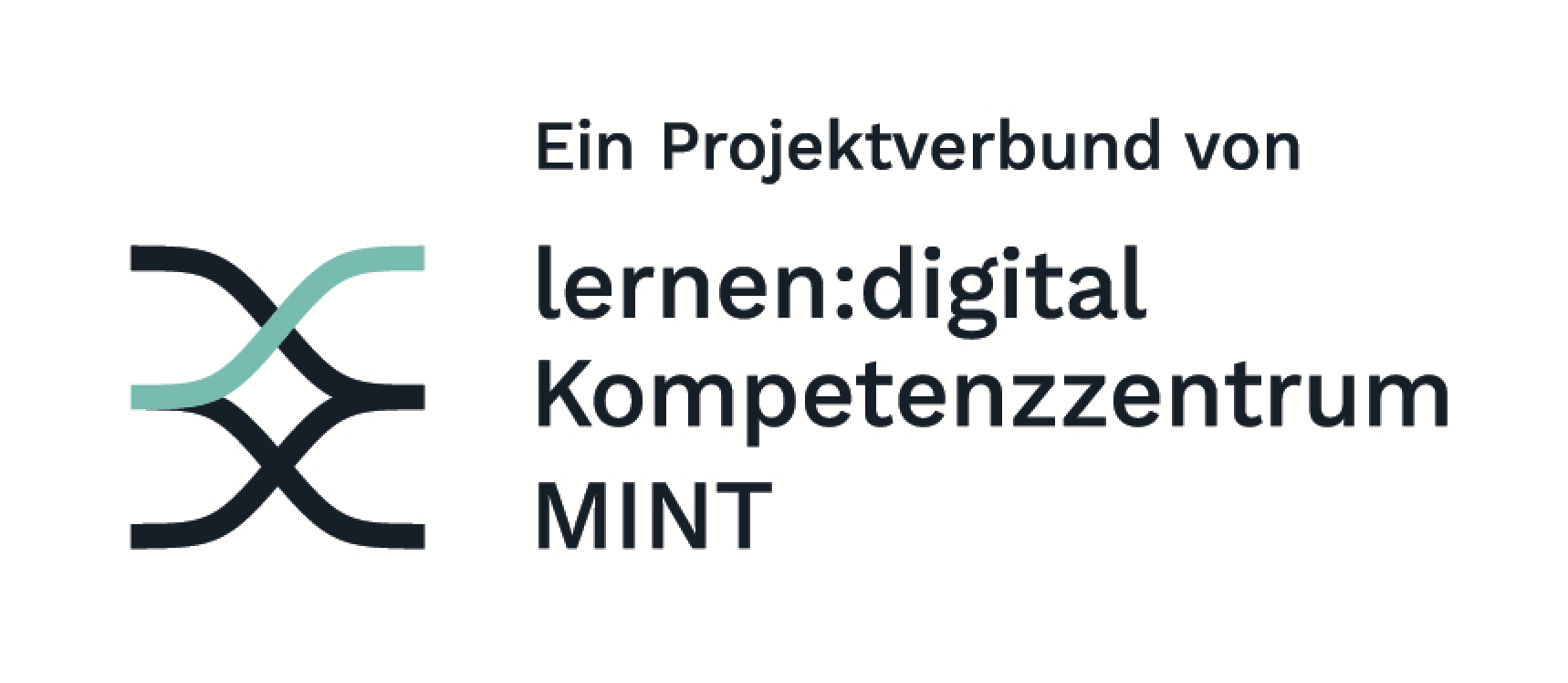
A project network of lernen:digital Competence Centre MINT

